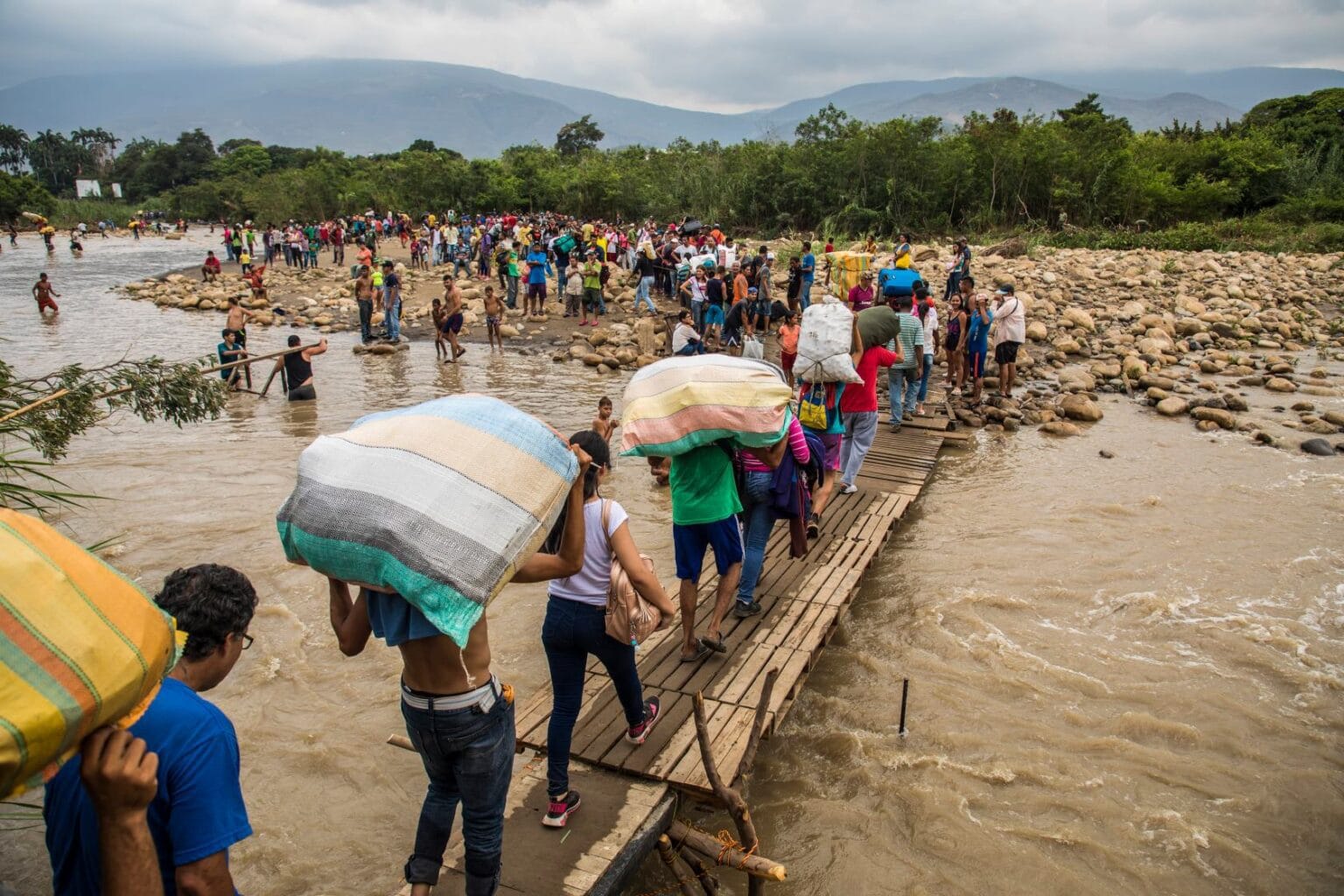Climate migration must be integrated into development strategies, asserted Amal El Ouassif, senior international relations specialist at the Policy Center for the New South (PCNS), last week in Baku.
Speaking at a side event organized at the Moroccan Pavilion by the PCNS and the Union of Economic and Social Councils and Similar Institutions of Africa (UCESA), on the sidelines of COP29, Ms. El Ouassif emphasized the need to “recognize climate migration as an issue in national and regional plans” and to establish “monitoring mechanisms to better understand climate-related migration dynamics,” with the aim of integrating climate migration into development strategies.
Ms. El Ouassif, who presented the first phase of an in-depth exploration of climate mobility in Morocco, resulting from a collaboration between the PCNS, the Economic, Social and Environmental Council (CESE), and the World Bank, indicated that Morocco is “particularly exposed” to the impacts of climate change, due to the weight of the agricultural sector and pressure on water resources, highlighting the “increasingly growing” interest in climate migration in Morocco.
In this context, she cited a qualitative study (CESE – PCNS) conducted in the Souss-Massa region, which helped to “identify the perception of climate migration as an increasing challenge, influenced by resource degradation and socio-economic pressures, to grasp the direct impact of climate variations on the livelihoods of agricultural workers, and to understand that migration factors are often contextual, escaping purely quantitative analyses.”
Several factors influence climate migration in the Souss-Massa region, including drought and water scarcity, the critical dependence of agricultural practices on water resources, and family support networks, Ms. El Ouassif noted, who is also an expert on migration issues in the context of climate change.
For his part, Moncef Ziani, a member of the CESE bureau, emphasized the importance of creating an African synergy to manage climate migration, as African populations are “easily and severely” exposed to the effects of climate change.
Citing a survey conducted by the CESE on the subject, Mr. Ziani highlighted several findings, including that 70% of surveyed African citizens report experiencing the effects of climate change daily, and 54% of Africans believe they are not sufficiently informed about the causes and consequences of climate change, hence the issue of access to information.
The study showed, he continued, that 61% of surveyed African citizens share a feeling of injustice, and 60% say they are already engaged in the fight against climate change.
Mr. Ziani, who is the chairman of the working group on climate change at UCESA, thus highlighted the need to build “country advocacy” to involve all African citizens in adaptation plans and climate-related decision-making.
“Every development plan must now take climate migration into account,” he asserted.
The 29th session of the Conference of the Parties to the United Nations Framework Convention on Climate Change (November 11-22) primarily emphasizes climate financing, given the need to enable all countries to reduce greenhouse gas emissions and protect lives, as well as livelihoods against the worsening effects of climate change, particularly for vulnerable communities.


